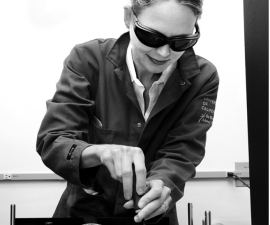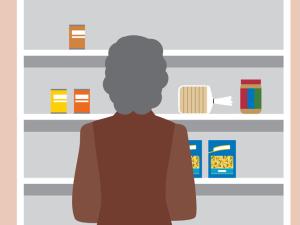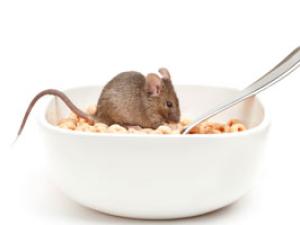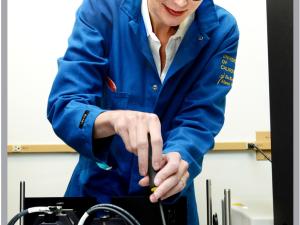

Research Bio
Linda Wilbrecht is a professor in the Department of Psychology and Neuroscience. Her research interests include: experience dependent plasticity and the development of circuits involved in learning and decision making. Projects in the lab focus on sensitive periods, adolescent development, addiction/substance use related behavior, autism, and bipolar disorder.
Research Expertise and Interest
neuroscience, adolescence, autism, early life adversity, neuroplasticity, dopamine, Food Insecurity, bipolar disorder
In the News
Food Insecurity Has Lasting Impacts on the Brains and Behavior of Mice
Puberty hormones trigger changes in youthful learning
Scientists tap the smarts of mice, capture problem-solving in action
UC Berkeley scientists have captured unique images of problem-solving in action by tapping into the minds of mice. The study shows rapid rewiring in the rodents’ frontal brains after they learn by trial and error.
Intellectual Pursuits May Buffer the Brain Against Addiction
Challenging the idea that addiction is hardwired in the brain, a new UC Berkeley study of mice suggests that even a short time spent in a stimulating learning environment can rewire the brain’s reward system and buffer it against drug dependence.
The Adolescent Brain Grows Up
Neuroscientist Linda Wilbrecht can observe “rewiring” in the living brain using an imaging instrument called a twophoton laser scanning microscope, which has a resolution better than 1/10,000 of an inch.
Cocaine’s effect on mice may explain human drug-seeking behavior
Cocaine can speedily rewire high-level brain circuits that support learning, memory and decision-making, according to new research from UC Berkeley and UCSF. The findings shed new light on the frontal brain’s role in drug-seeking behavior and may be key to tackling addiction.
Featured in the Media
Research by Linda Wilbrecht and colleagues conducted research in 2022 finding that “We tend to see these instances where adolescents outperform adults under
conditions that are more uncertain or volatile".






